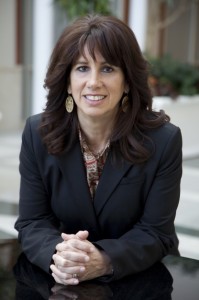This is the first blog in a three-part series about Genome Sequencing and Predicting Cancer.
Technology called next generation sequencing can be used to reveal an individual’s complete and entire DNA (whole genome). Right now, it costs about $5,000 to sequence an individual’s whole genome, but the price tag is decreasing rapidly. With its increasing affordability, many have suggested that it could be used to identify individuals who were likely to develop cancer in the future as well as those who would be safe from the disease. But, will it?
Our whole genome is the DNA we’re born with. For some of us, that DNA contains the code for cancers that occur in our families. These cancers are directly attributable to inherited genetic alterations. In this scenario, whole genome sequencing can be extremely beneficial in identifying the specific gene and mutation that is causing these familial cancers and potentially in determining how best to treat them.
However, most cancer is not related to an inherited genetic mutation. Most cancers develop in people with no hereditary predisposition. For the majority of the population, who were not born with a cancer-promoting alteration in their DNA, whole genome sequencing won’t predict whether they will get cancer. The reason is that our inherited DNA is not the final manuscript of our life and all of the health events we will face. Each of us plays an important part in editing and interpreting the script with the foods we eat, the air we breathe, and the habits we acquire. Other things, like random mistakes cells make as they divide, also play a role but are out of our control.
In fact, Kimmel Cancer Center cancer prevention and control expert Dr. Elizabeth Platz says that heredity accounts for only about one percent of cancers. For most people, lifestyle behaviors are far more damaging. While we can’t change heredity, fortunately, we can change our behaviors. You may be surprised to learn that we already know how to prevent the majority of cancers. Diet, obesity, and lack of exercise, she says, contribute to 35 percent of cancers, and smoking is a factor in 30 percent of cancers.
Stay tuned to Part 2 of Sequencing Our Genes, which will cover what gene sequencing does and doesn't do.
